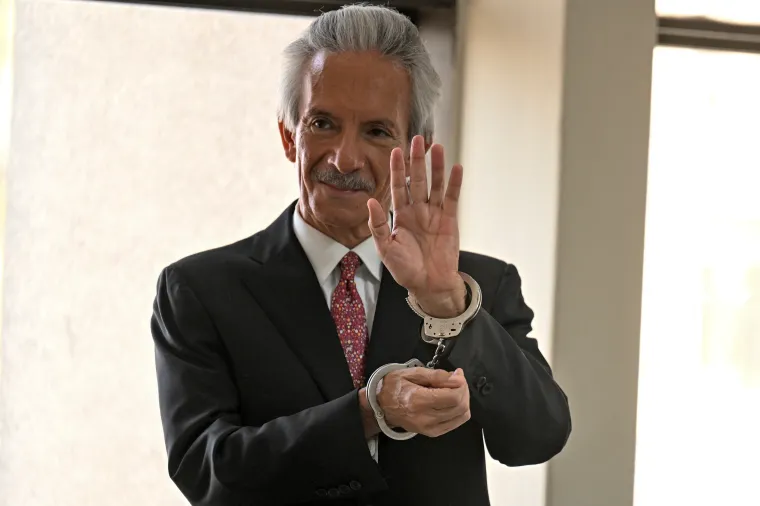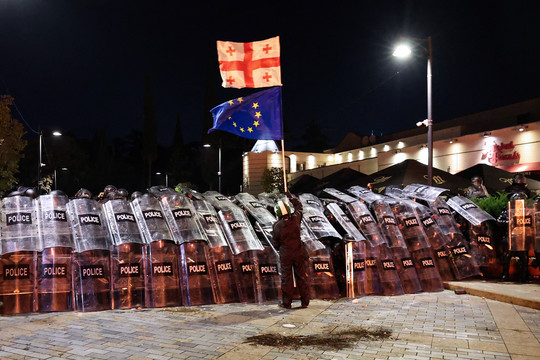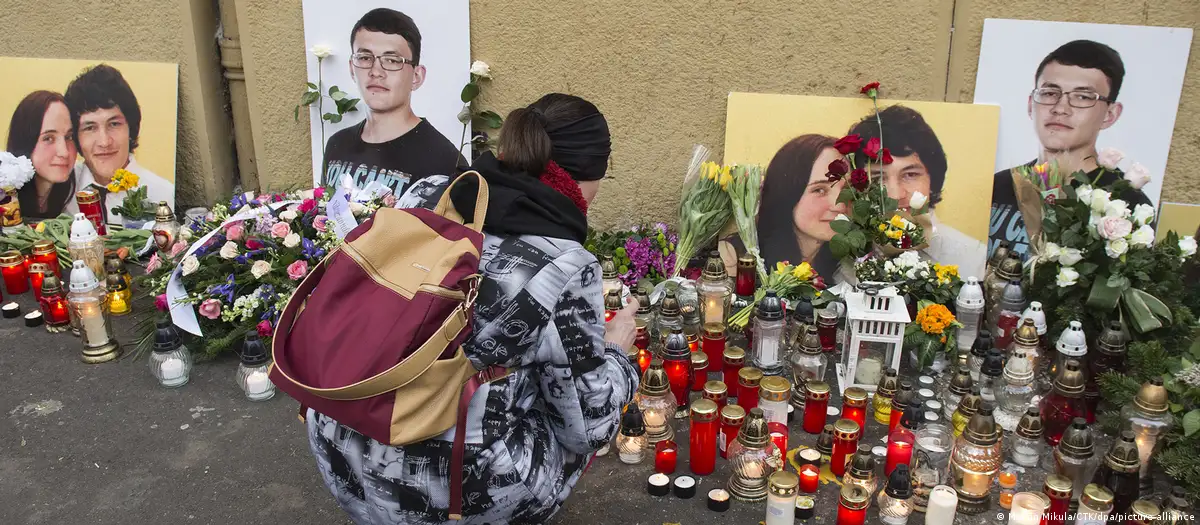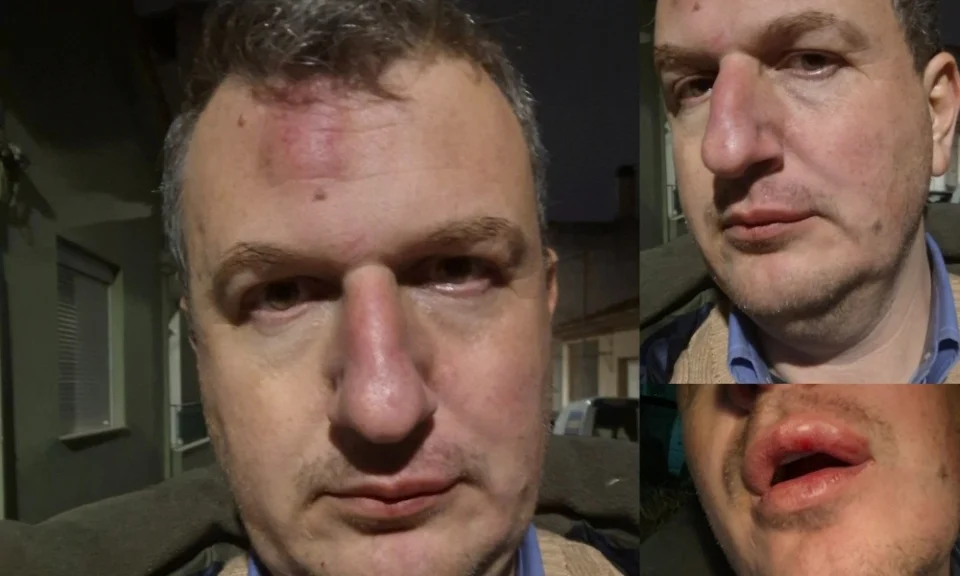
Guatemalan Journalist José Rubén Zamora Fears for His Life Behind Bars
October 9, 2025
Chinese Court Again Delays Ruling in Dong Yuyu’s Appeal
October 9, 2025October 09, 2025 – Georgia –
During a major anti-government demonstration in Tbilisi on 4 October, at least 11 journalists were physically assaulted while covering the rally, according to the International Federation of Journalists (IFJ).
The protest coincided with a partial boycott of municipal elections and was rooted in growing unrest over the ruling Georgian Dream party’s shift in foreign policy toward the European Union. Clashes broke out when some protesters attempted to approach the presidential residence and were repelled by riot police using tear gas, water cannons, and other crowd-control measures.
Multiple journalists were targeted by police and security forces. Keti Tutberidze, of Studio Monitori, was confronted by two officers who tried to seize her phone while she was filming arrests. Staff from TV Pirveli were also affected: camera operator Niko Kokaia was hit twice, and colleague Irakli Bakhtadze was struck by a tear gas canister. Giorgi Diasamidze of Radio Tavisupleba reported being assaulted despite identifying himself as the press. Photojournalist Mariam Giunashvili sustained burns from pepper spray.
Even reporters from media aligned with the government were not spared: among them, Shalva Sumbadze, Nika Tsirikidze, and Vakho Lekiashvili of the public broadcaster’s filming team were injured when pepper spray dispersed the crowd. In addition, interference disrupted independent journalists’ ability to fly drones for aerial coverage, as police tangled with reporting equipment.
The IFJ, along with the European Federation of Journalists (EFJ), has demanded that the Georgian government publicly condemn the interference against the press, ensure safety for media at protests, and investigate the attacks transparently.
These incidents reflect mounting pressure on journalism in Georgia, which has experienced a growing number of press freedom alerts—30 active cases recorded by the Council of Europe’s platform alone. The organizations warn that such attacks, especially in the high-stakes period surrounding elections, further erode protections for journalistic work and threaten democratic accountability.
Reference –




